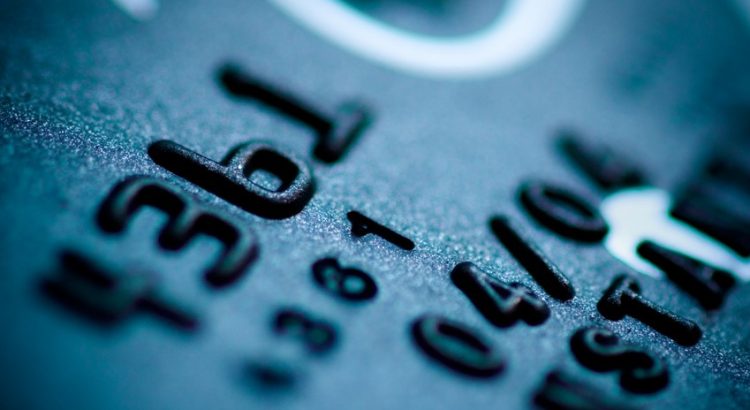Are your bank accounts giving you a cash flow headache?
Structuring your bank accounts will make it easier for you, your bookkeeper and accountant. Here are 4 simple banking tools you can implement this week to help improve how your business operates.
1. Separate your business from your personal
Are your bank statements containing transactions you have no idea what they are for? You can’t decipher personal expenses from business? Often the descriptions are not clear or the business you purchased your goods from has a different company name to their business name. Where are the receipts? We often find them in the bottom of handbags, in the consoles of cars or in a pile on the desk! We’ve all been there and it’s not as uncommon as you would think!
There is no legal requirement for a sole trader or partnership to have separate business bank accounts although the Australian Tax Office recommends it. Any other structure like a company or a trust must have separate business bank accounts. Regardless of your business structure, the experienced bookkeeper in me says it’s better to separate the business transactions from your personal. Why?
- Spending from your business accounts means you often don’t track what you are spending on personal expenses and it comes as a surprise when the owner drawings are so high!
- It takes away the confusion of personal purchases that shouldn’t be there
- If you don’t use an accounting package, it makes it difficult to do your GST and Tax Return from a paper bank statement (and guess who has extra work to do using the highlighter to separate business from personal – YOU!)
- Cloud based accounting packages (Xero, Saasu, MYOB, Reckon). Bank feeds appear daily and every transaction arrives into your data file to reconcile. Do you really want your bookkeeper sifting through all your personal expenses and how do they distinguish between business and personal.
- It may cost you a small amount in bank fees per month for a business account. However think about the time saved in phone calls from your bookkeeper trying to figure out your purchases.
2. Set up a separate ‘GST & PAYG Cash Management Account
Struggling to find the cash each quarter to pay the ATO BAS? Set up a separate bank account specifically for this. Most of the major banks off a low cost GST Payment Account. Look for no account servicing fees and unlimited free electronic deposits.
You can transfer funds into this account every payroll and either fortnightly or monthly depending on your sales revenue. Do not to dip into this account! Doing so only adds to the cash flow stress each quarter. The ATO may compound the pain by charging late payment fees and interest.
3. Reconcile your bank accounts daily or weekly
It’s GST quarter end and you haven’t reconciled your bank accounts for 3 months? If you have your own business your brain is running a mile a minute every single day and night. You shouldn’t have to remember what you spent $39.95 on 60 days ago!
If you are using a cloud accounting package with daily bank feeds, reconcile daily or weekly while you can still remember what the expense is for. Many of my clients need to be online daily, make it a habit to log onto your accounting package and reconcile at the same time. It is a high priority task that will save you a headache later!
4. Pay your Credit Card Minimum Fee
Running your business with a sizeable credit card limit? Hello small business! Time and again the thought of that BIG balance owing, means the minimum payment is ignored. There are types of fees that may be added to your credit card:
- Interest on the closing balance each month; and
- Late Payment Fee for not paying the minimum amount due
The minimum amount is usually a fraction of the balance owing. For example a credit card with a balance due of $4000 may only have a minimum payment due of $120. PAY IT! Making the minimum payment each month means you avoid the late fee and ensures you can keep using your credit card (check the T&Cs with your bank). However, it doesn’t prevent interest being charged on the rest of the balance due. If you can’t do anything about the balance you need to take the interest charges on the chin.
